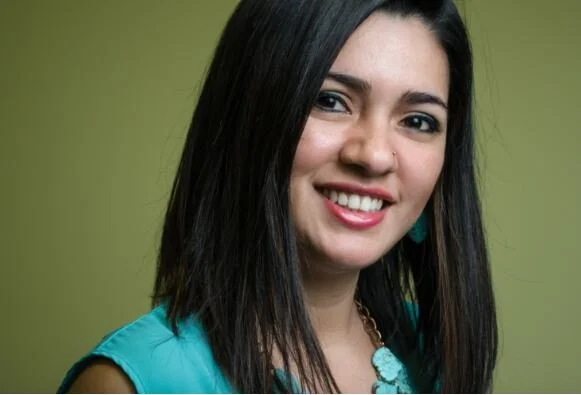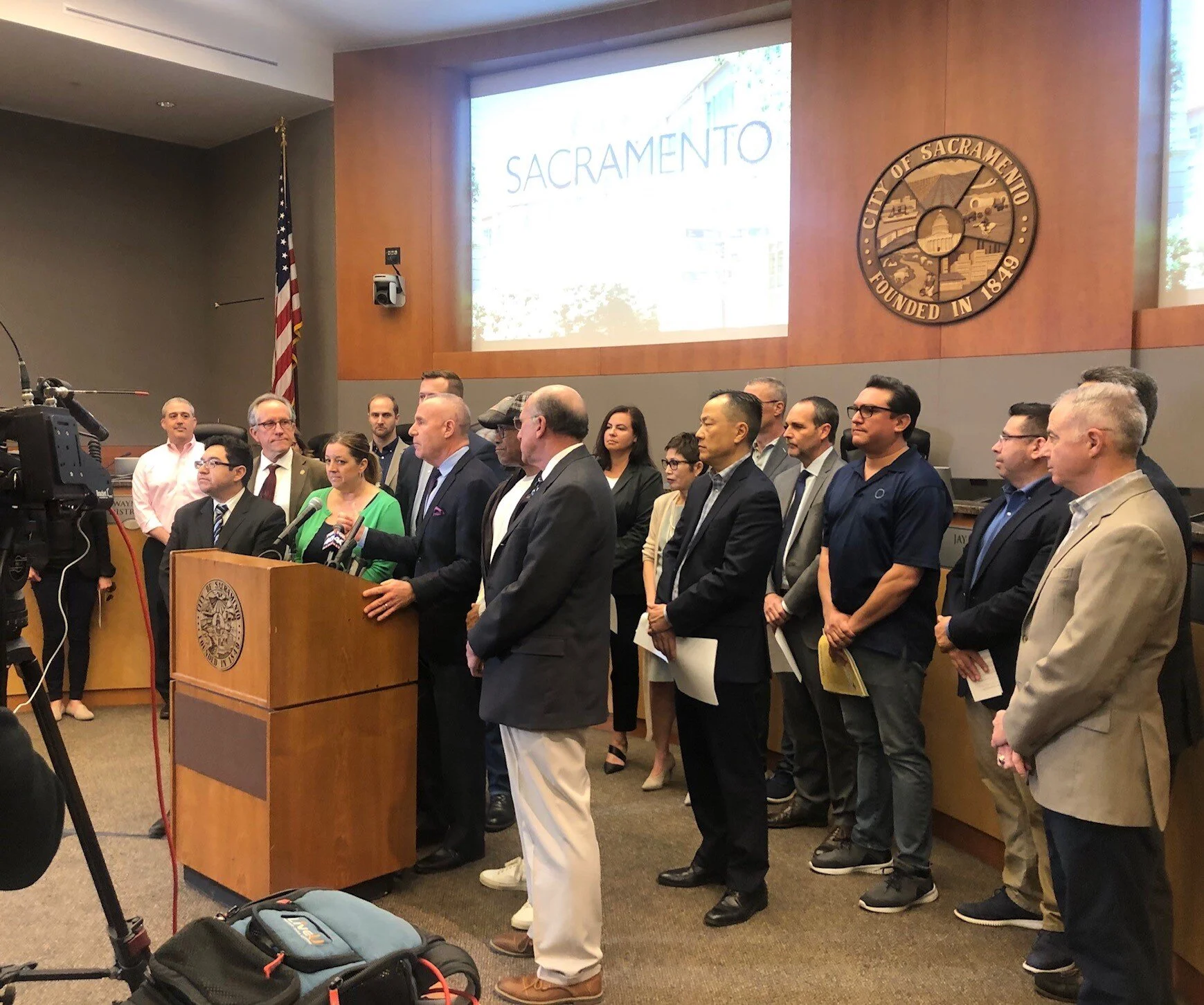'People and power.' A conversation with 2020 Census leader Gabby Trejo
The 2020 census presents an opportunity for underrepresented communities across the country to gain voice and visibility in the coming decade. But if a complete count is not achieved, their representation may be further diminished. Participation in the 2020 census is open to all, regardless of documentation status, and will shape how resources – including those for education, healthcare, housing and transportation – are allocated over the next decade.
This series profiles Sacramentans working on the 2020 census.
Gabby Trejo sees the pulpit as a powerful tool when it comes to making sure everyone is counted in Census 2020.
Trejo works as executive director of Sacramento Area Congregations Together, or Sacramento ACT, a a coalition of churches, schools and community groups that organizes on important community issues. She views her experience working with community members as a key asset in her new role as co-chair of the Sacramento County Community Steering Committee for the 2020 Census.
The success of the 2020 Census in Sacramento and the rest of California depends on successfully counting undocumented immigrants, African Americans and the homeless, whose numbers are often under-reported.
Sacramento County stands to lose an estimated $10,000 in federal funding for every uncounted person. The tense political climate and the fact that this is the first census that will be conducted primarily online is adding to fears that it will be hard to get everyone to participate.
“Sacramento ACT believes that all people should be included in all decision-making processes,” Trejo said. “For us, the census is about who is seen, and who we say belongs in our community. At the end of the day it’s about people and power. We want to make sure that all communities in our region are counted and recognized for their contributions to our economy.”
One of the greatest challenges to a complete count is a lack of accurate information. Trejo emphasized that while the push toward an online census may seem intimidating to senior citizens, a paper census remains available as well.
Sacramento ACT has received complete count commitments from 30 different congregations in Sacramento. Faith leaders will make announcements in bulletins, speak about the census from the pulpit, and distribute commitment cards. Gabby views these congregations as a place to reach hard-to-count people.
Trejo herself was undocumented as a young person, so she has an intimate understanding of the census concerns that undocumented individuals may have.
“One of the things that I am always reminded of is that I didn’t really know about the census,” she said. “Even as an adult, as a college student, I never really knew about the census. So, if my mom filled it out, I don’t really remember. When I think about when my family and I were undocumented, it’s really the fear of what is going to happen with this data. Is this data confidential? Is it going to ask about my status?”
Gabby reframes the census as a tool for growth when speaking to undocumented individuals who may have reservations about participating: “We want to make sure that families know that this census information is about getting a complete count of who lives in this country or who lives in our local neighborhoods. It is not about people’s status; it’s not about how much people make. It’s just about getting an actual count of who is living in this community.
“For us, one of the things, especially having been undocumented myself, is being able to hear from communities what their aspirations are. What do they want to see in their communities?”
She urges people to look at the census not as a threat to defund vital resources, but as an opportunity for hope – a chance to manifest a vision of what people want for themselves.
“In our conversations with undocumented families, there is a concern about how their information will be used, especially because of the political atmosphere,” she said. “At the end of the day, nobody is cross checking the information that is being put on the census. There is no information on people’s social security.”
She views the 2020 census as a chance to claim space and be counted, not only for those who are undocumented, but for LGBTQ people as well.
“You get to choose if you are male or female. The questions on the census is about how you identify as an individual, regardless of how the question is framed,” she said. “No one is going to check if you are male or female or whether your birth certificate says something other than what you are.”
She hopes that a complete count in the 2020 census translates into additional resources and political power.
“The census is a way in which our communities can really ensure that they are seen,” Gabby concluded. “If you are not seen, then the needs that you have are not necessarily going to become a priority for people making decisions. We want to make sure that your needs are prioritized.”
For more census features and updates, keep checking in here.




